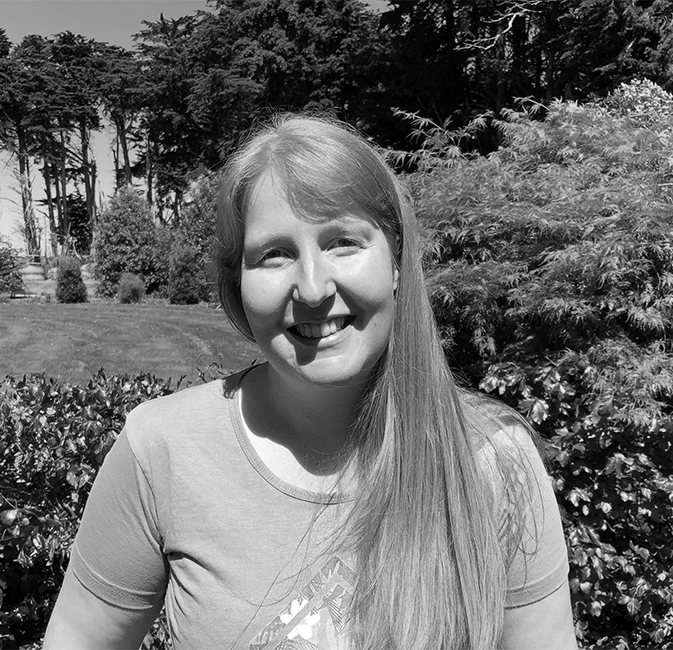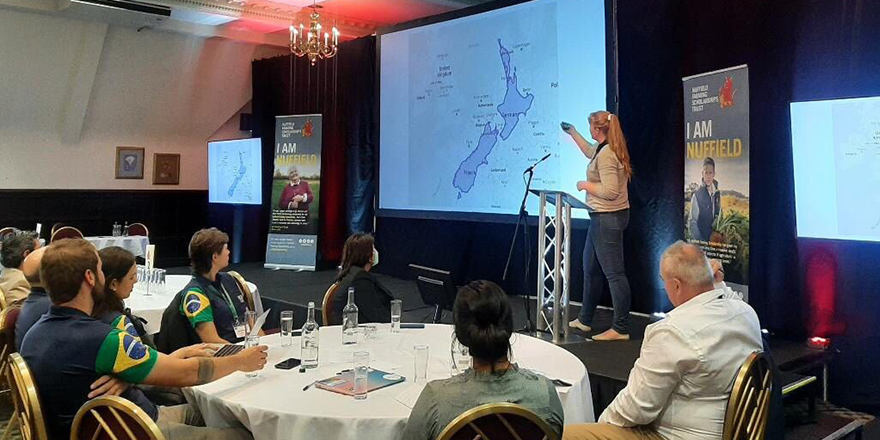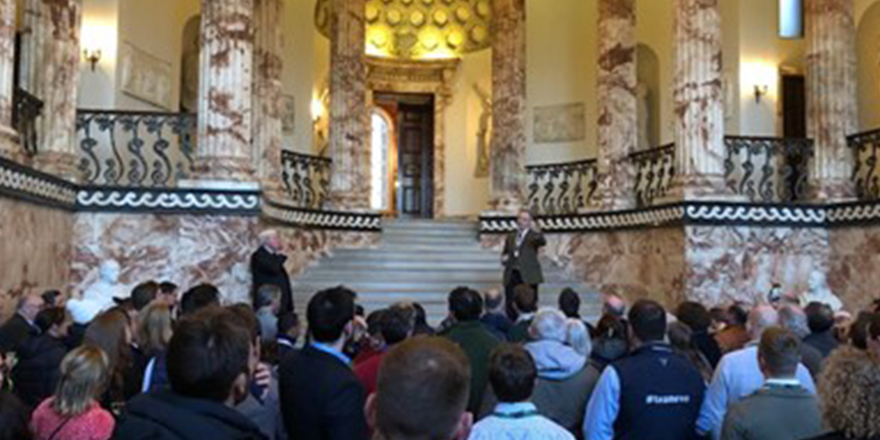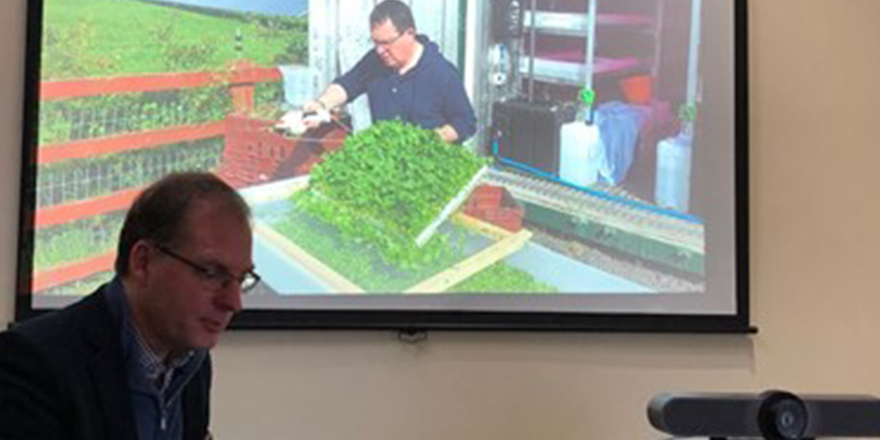
Lucie Douma

I was lucky enough to be at the first Contemporary Scholars Conference (CSC) to take place as the world is starting to see out the other side of the Covid pandemic. It was quite surreal to be with two-years’ worth of scholars (roughly 140 people) from 15 countries, all in one place for eight days. Considering most of us have not travelled for more than two years it was a bit of re-learning how to travel and manage the new ‘Covid’ rules. But it felt normal again. This feeling couldn’t be bet.
The feeling of returning to normality comes with a number of new challenges. These global challenges affect all of our agriculture systems and our farmers. The challenges we are facing are:
- Two weeks before the CSC took place, Russia invaded the Ukraine.
- Dealing with the aftermath of the world being shutdown for two years from Covid, and the damage this has caused to our respective supply chains.
- The implementation of Brexit and creation of new Free Trade Agreements with countries.
These large challenges were common themes to all of our discussions during the conference.

How do we navigate this new world from Norfolk?
We also spent a significant amount of time at the Norwich Research Park which is home to pioneering research and solutions to some of the world’s biggest challenges including; food shortages, an ageing population and climate change. The perfect place for us! Here we tackled some big questions from potential meat free days to water shortage.
Innovation in agriculture in Norfolk can be seen at the Food Enterprise Park where Fischer Farms has begun work on a £25m project to build the world’s largest vertical farm. The vertical farm will be 25,000sqm of stacked growing space for salad leaves, herbs and other fresh produce for supermarkets.
Fischer Farms claims they will be able to produce the same amount of food in its four-acre building as would be possible on 1,000 acres of conventional British farmland. What does this mean for conventional British farming? The question becomes, is there room for both and how do they co-exist? This is what Tristan Fischer (CEO of Fischer Farms) tasked us with designing a solution for.

Learning from other scholars
I greatly valued learning from the other scholars on the challenges they face in their countries with agriculture. It was heartening to hear that we face similar challenges. However, having read through other Nuffield reports these challenges were already recognised 5-10 years ago.
One example is the vegan movement, which is getting worse and there is now a greater level of activism amongst vegan and environmental groups who appear to have coalesced in some areas (including the UK).
If this is a sign to come, then in New Zealand we really need to be thinking how we can reduce our rural-urban divide. How do we encourage more participation in our agriculture sector? Is there a role for data here? This will lead me through to the rest of my research on data interoperability and the value of data.
Thank you to Rural Leaders and all those who support Nuffield for enabling us to travel to Norfolk and come together as a global community to address some of our big challenges in the sector. The experience and what I have taken out of it is invaluable, including all the new friends I have made.
Ngā mihi nui.


























